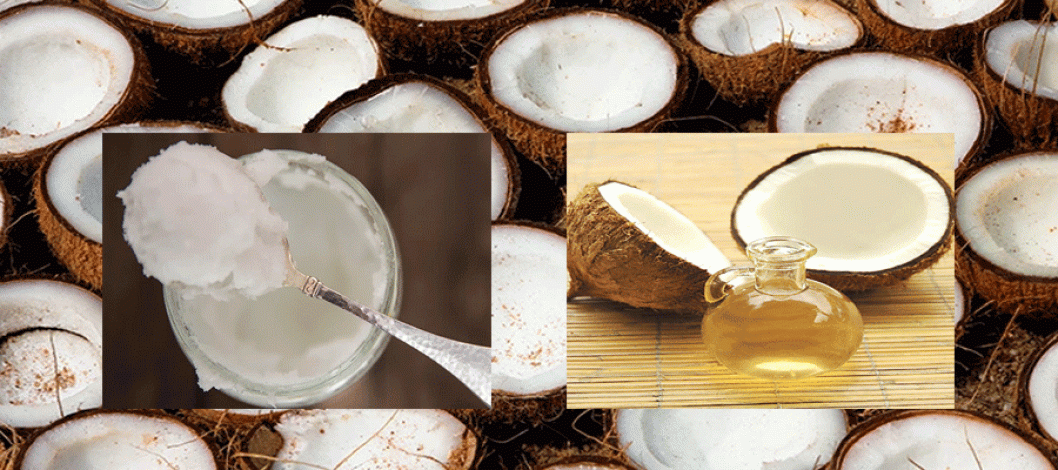
Photo: Collected
Coconut oil is an edible oil extracted from the flesh of mature coconuts and harvested from the coconut palm tree, a member of the Arecaceae plant family. Coconuts, despite their name, are technically not nuts but drupes (a fruit with a single seed). Whether it’s drinking coconut water, using the oil as a moisturiser, or adding a spoonful to bakes, we’ve seen the coconut rise to prominence in both our kitchens and bathrooms. Virgin coconut oil is deemed to be higher quality than refined coconut oil and is said to be richer in antioxidant polyphenols as well as nutrients like vitamin E.
Coconut oil has several medicinal properties, primarily due to its medium-chain fatty acids (MCFAs), which include lauric acid. These MCFAs are easily absorbed and metabolized by the body, and some research suggests they may offer various health benefits.
Potential medicinal properties of coconut oil:
Antimicrobial and antifungal properties:
Coconut oil, particularly its lauric acid content, exhibits antimicrobial and antifungal effects, potentially helping to fight against certain bacteria and fungi.
Anti-inflammatory properties:
Studies indicate that coconut oil may have anti-inflammatory effects, which could be beneficial for reducing inflammation both internally and externally.
Skin and hair health:
Coconut oil is widely used in skincare for moisturizing, cleansing, and potentially protecting the skin. It may also help to improve hair health and protect it from damage.
Oral health:
Coconut oil may be helpful in preventing cavities and gum disease by combating harmful bacteria in the mouth.
Weight management:
Some research suggests that the MCFAs in coconut oil may stimulate metabolism and potentially aid in weight loss, though more research is needed.
Wound healing:
Coconut oil's antimicrobial properties and ability to moisturize the skin may contribute to faster wound healing.
Other potential benefits:
Coconut oil has also been explored for its potential role in improving brain function, reducing the risk of dementia, and potentially lowering insulin resistance.
Important considerations:
Saturated fat:
Coconut oil is high in saturated fat, which should be consumed in moderation. Health.com suggests consulting with a healthcare professional is advisable if you plan to incorporate it into your diet, especially if you have any existing health conditions.
Individual responses:
It's important to note that individual responses to coconut oil can vary, and some people may experience adverse effects.
Further research:
While some studies show promising results, more research is needed to fully understand the extent and mechanisms of coconut oil's medicinal properties.
Source: Online/GFMM
Comment Now